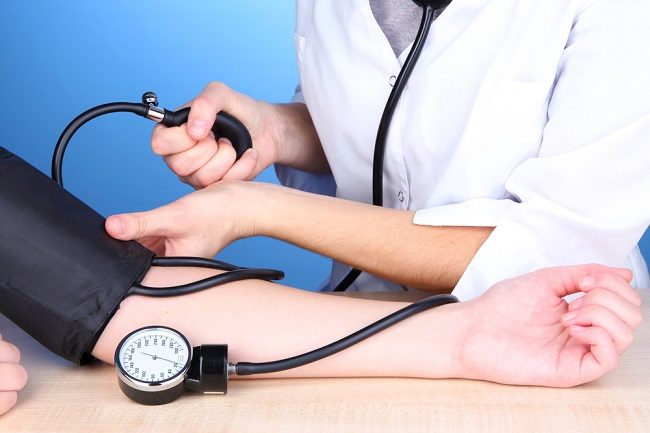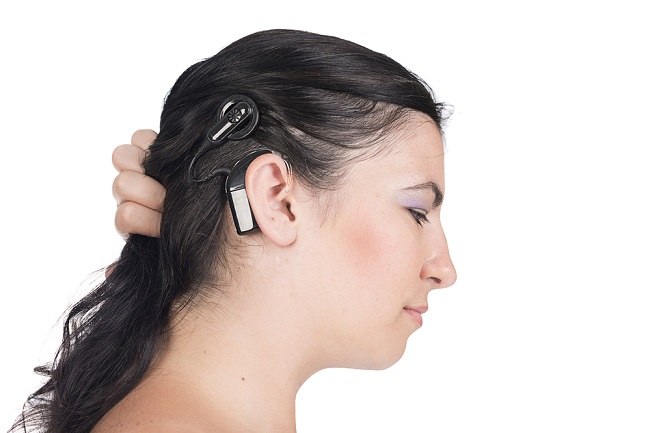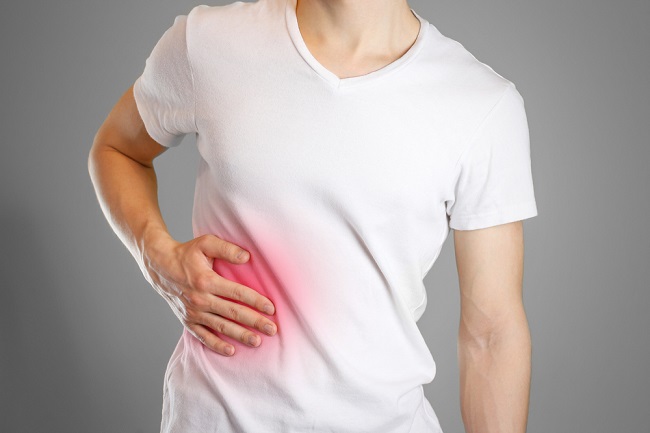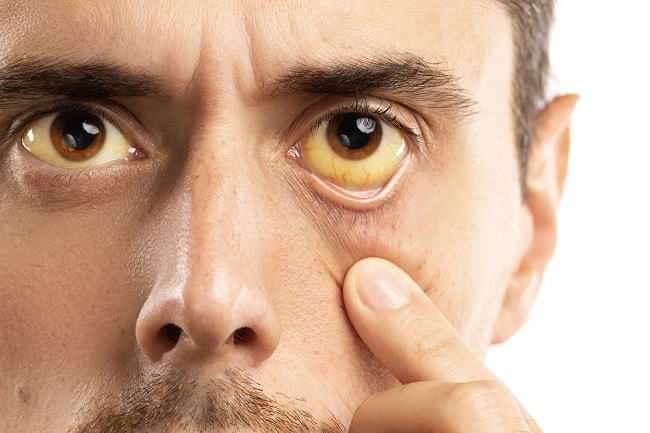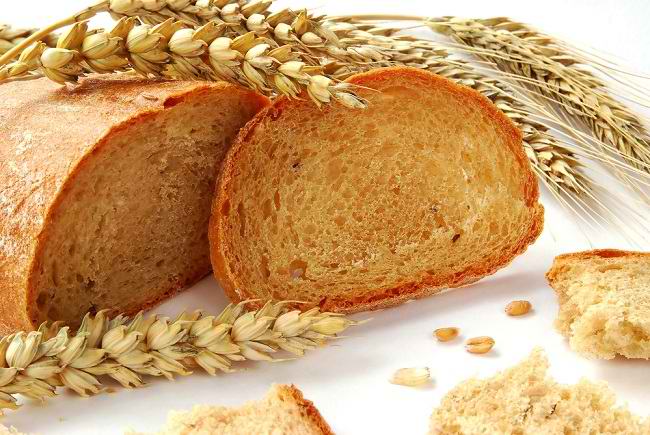Not infrequently babies who consume breast milk (ASI) appear fatter than babies who are given formula milk. There are some mothers who feel happy about this. However, others are actually worried because they are often said to be at risk of obesity.
The issue that says breast milk triggers baby obesity certainly confuses mothers. On the one hand, breast milk is important for the growth and development of babies, so babies need to be given exclusive breastfeeding for the first 6 months. On the other hand, there is an issue that says breastfeeding will increase the risk of obesity in infants.

The Facts Behind the Assumption that Breastfeeding Causes Babies to Be Obese
In fact, breastfed babies do grow faster during the first 3-4 months. But over time, the baby's growth will tend to slow down in line with his increased ability to move.
Even in the first year, babies who are breastfed actually have a more ideal body weight than babies who are fed formula milk. Entering the age of 2 years, the weight of babies who are breastfed and formula milk will tend to be the same.
So, the issue that breastfeeding triggers obesity is just a myth. According to research, exclusive breastfeeding, especially breastfeeding directly from the breast, can actually reduce the risk of obesity in infants. Babies who breastfeed directly also mostly have an ideal body weight. These benefits can even last into adulthood.
The reason breastfeeding actually reduces the risk of obesity
The exact reason breast milk lowers the risk of obesity is not known. However, several theories have been put forward:
- Babies who consume breast milk can control the amount of milk they need, in contrast to formula milk which has a certain dose. This is believed to encourage your little one to recognize hunger and fullness.
- Babies who are exclusively breastfed have lower concentrations of the hormone insulin. This is related, because high insulin levels can trigger fat accumulation which can be a cause of obesity.
- Exclusively breastfed babies also have higher levels of the hormone leptin. The hormone leptin is one of the important hormones to inhibit appetite and fat accumulation.
- Babies who breastfeed exclusively are considered to have good bacteria that can maintain the digestive system and this can prevent obesity.
How to Avoid Babies Being Obese
Despite the fact that babies who consume breast milk have a lower risk of becoming obese, to maintain an ideal baby weight, there are several things that can be done, namely:
Give nutritious food
Babies aged 6 months can already be given MPASI (ASI Complementary Foods). So, when you start giving complementary foods, you should pay attention to the type and amount of food to be given.
The reason is, giving babies nutritionally unbalanced foods, especially those high in sugar and calories, can actually trigger obesity. To keep the baby's weight ideal and for good growth and development, give your little one food that contains balanced nutrition and in the right amount.
Avoid excessive breastfeeding
This case is actually rare, but babies who drink expressed breast milk from a bottle are still at risk of being overweight. This may be due to the easier drinking process and usually less effort required to suck milk from the bottle.
To prevent excessive consumption of breast milk from bottles, mothers need to pay attention to giving a pacifier and observe the baby's behavior when drinking breast milk. Give expressed breast milk when your little one shows signs that he is hungry. Likewise, when breastfeeding directly, mothers should not breastfeed for too long or more than 45 minutes.
Mothers can be relieved, because the issue of breastfeeding triggers obesity babies is not right. Breast milk does not necessarily make your little one obese later in life.
In addition, mothers are advised not to judge an obese baby just because of the number on the scale. The reason is, there are rules for the ideal baby weight that will consider the length and circumference of his body. As long as the baby is still in the safe range and the doctor doesn't give a warning during routine checks, you don't need to worry.

